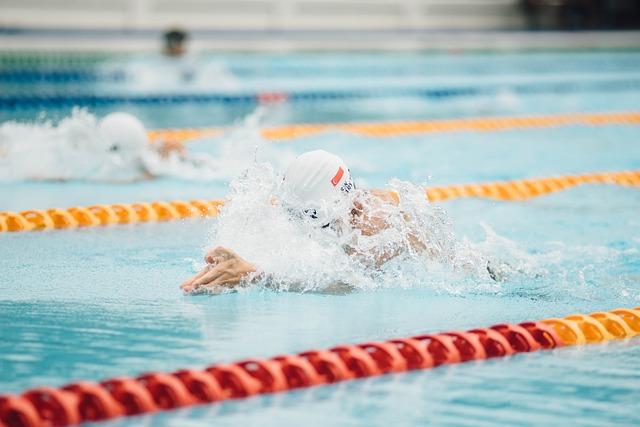The Intricacies of race Walking at the Paris 2024 Olympic Games
With anticipation mounting for the upcoming Paris 2024 Olympic Games, a spotlight is shining on race walking—a distinctive sport that combines speed with rigorous adherence to specific regulations. Unlike other athletic events, race walking is governed by a unique set of rules aimed at ensuring fairness and maintaining the integrity of competition. A pivotal element of these regulations is the yellow and red card system, wich penalizes athletes for any deviations from established techniques. This article will explore the essential aspects of race walking rules and how this card system will be applied in Paris, ultimately influencing outcomes in this captivating olympic event. Understanding these guidelines is vital for both participants and spectators.
The Foundations of Olympic Race Walking and Its Regulations
Olympic race walking presents a uniquely challenging discipline were competitors must maintain ground contact throughout their performance while adhering to a specific gait style. Athletes are evaluated not only on their speed but also on their compliance with strict regulations designed to promote fairness and showcase proper technique. Key components of these rules include:
- Ground Contact: At least one foot must remain in contact with the ground at all times.
- Knee Straightening: The leading leg must be straightened from initial contact until it reaches an upright position.
- Technique Integrity: Any noticeable loss of ground contact or bent knee during competition may result in penalties.
The enforcement of these standards is essential for preserving the sport’s integrity. During the upcoming Paris Olympics, officiating will heavily rely on this yellow-red card framework to monitor races effectively.
- yellow Cards: Issued as warnings for minor infractions, prompting athletes to adjust their technique accordingly.
- Red Cards: Indicate disqualification after multiple yellow cards or serious violations have occurred.
| Card Color | Action Taken | Consequences Faced | ||||||
|---|---|---|---|---|---|---|---|---|
| yellow | Warning issued | <Chance to correct behavior | ||||||
| Red | <Disqualification issued | << td >Immediate removal from event td >
| Card Type | Consequence | Effect on Athlete |
|---|---|---|
| Warning Issued | Need adjustment; avoid further infractions | |
| Immediate Disqualification | Elimination; psychological impact
This structured approach aims not only at fair play but also shapes strategies employed by athletes during competitions—transforming races into tests not just against time but also against precision. Strategies for Athletes: Navigating Regulations While Maximizing PerformanceThe stringent rules governing Olympic race walking are crafted specifically to uphold its integrity. When competitors stray from proper techniques,(yellow cards), serve as cautionary signals indicating necessary adjustments. athletes should remain vigilant about maintaining correct form—ensuring one foot stays grounded while legs straighten beneath them. This penalty system introduces strategic elements into competitions:
|

